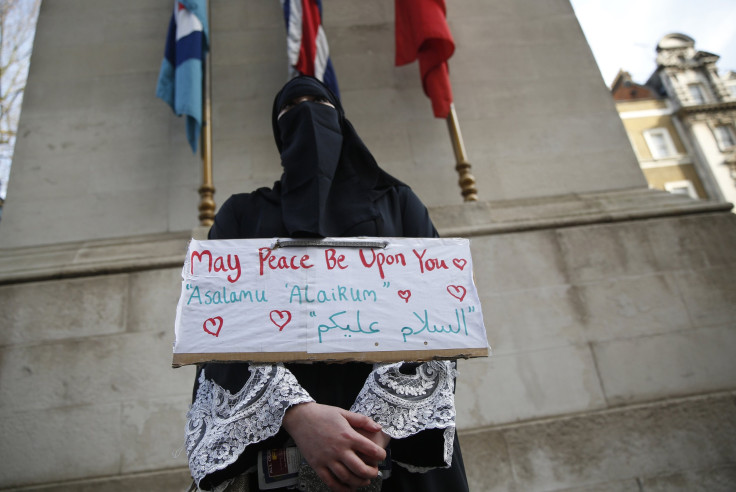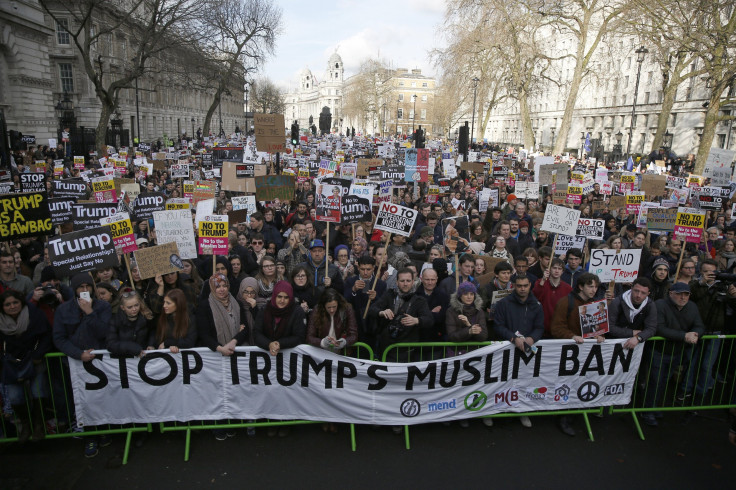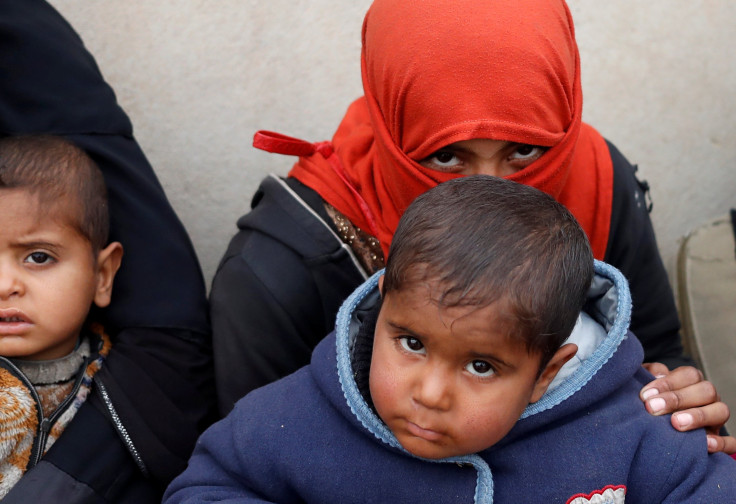Terrorism In Iraq? New Trump Travel Ban Won't Include War-Torn Nation ISIS Calls Home

A contentious talking point emerged before a federal court blocked President Donald Trump’s first-attempt at a travel ban on seven Muslim-majority nations Feb. 9: Why was Saudi Arabia – home to 15 of the 19 terrorists involved in the attacks on Sept. 11, 2001 – not included in the list?
Now, as Trump prepares to unveil and sign a revised executive order restricting travel in an effort to combat terror groups like the Islamic State, otherwise known as ISIS, it appears another country previously included in the first order will no longer be mentioned. Iraq will reportedly be left off Trump’s updated policy as the White House continues to battle the courts on its initial travel ban that sough to restricts immigration from the war-torn nation.

ISIS maintains one of its most crucial strongholds in Mosul, the ancient northern city of Iraq that has become home to a constant state of violence and terror for residents trapped in the region. The Iraqi army has slowly fought to take back control of the coveted territory, which hosts a large portion of the nation’s oil production and a massive dam requiring constant maintenance that could kill countless innocent people if it were to fail. The Islamic State also still holds power throughout several areas in Iraq, and isn’t quickly giving up despite army forces blocking roadways and cutting off resources to the group’s headquarters.
Trump's critics said Saudi Arabia wasn’t included in the president’s first executive orders because of oil and other business interests in the region. After Iraq was initially included in the list, Prime Minister Haider al-Abadi rejected the policy, vowing to take reciprocal measures. Trump then said the U.S. may have "another chance" to take Iraqi oil reserves, forcing Defense Secretary Jim Mattis to tell reporters during a February trip to Baghdad, "we’re not in Iraq to seize anybody’s oil."

If the Supreme Court allows Trump’s first travel order to go back into effect, Iraqi immigration will be virtually halted to a standstill. But if the president’s second executive orders ultimately become the law of the land, travel will continue from the country where ISIS experienced massive growth before becoming an internationally-known major terror organization.
There is a third option. Trump could be considering overhauling the executive order entirely, following a positively-reviewed first speech to a joint-Congress in which he took a decidedly softer tone on issues like illegal immigration and national security.
"We will shortly take new steps to keep our nation safe and to keep out those who would do us harm," Trump said Tuesday night. "That is why my administration has been working on improved vetting procedures, and we will shortly take new steps to keep our nation safe — and to keep out those who would do us harm."
© Copyright IBTimes 2024. All rights reserved.





















